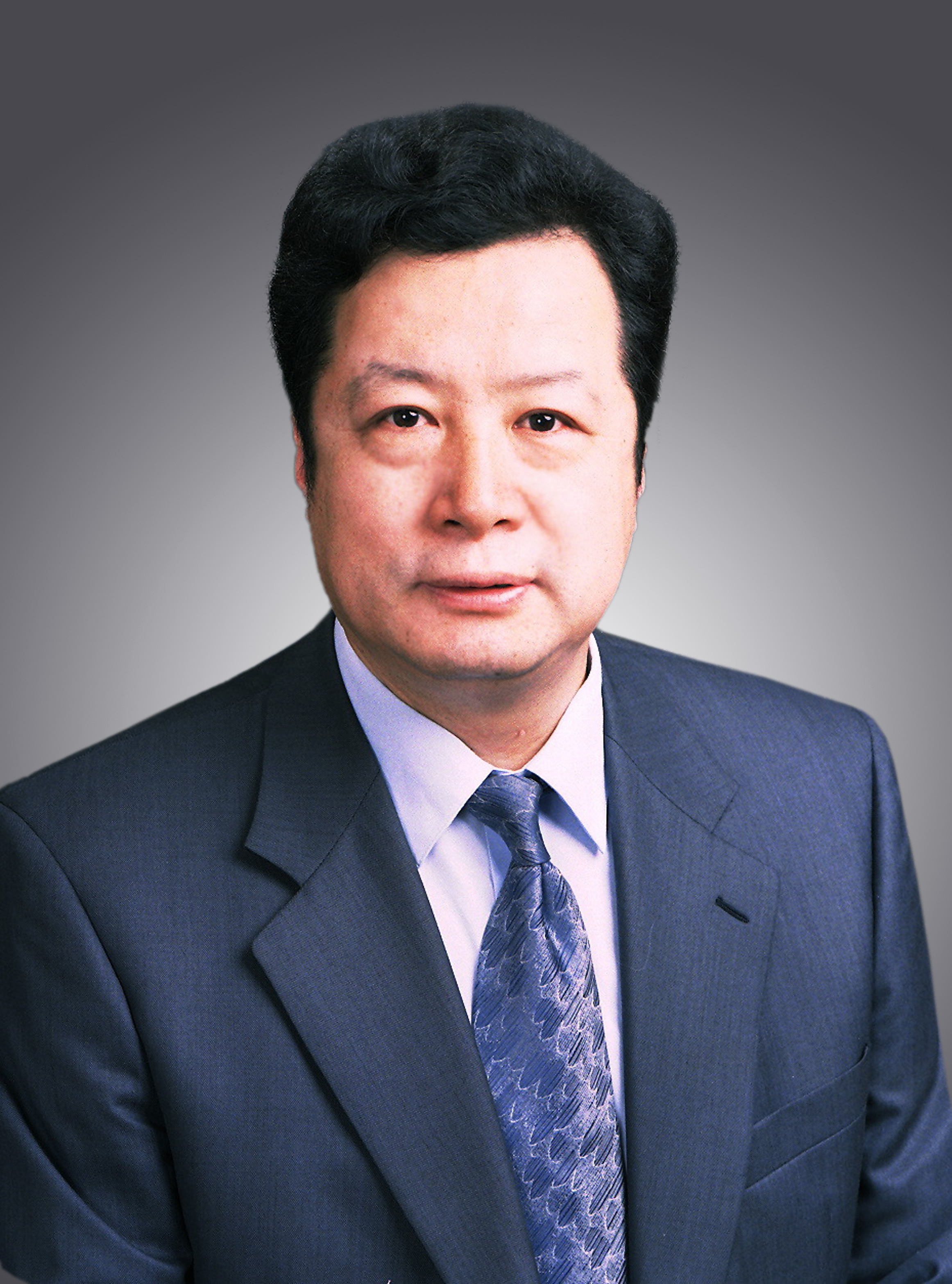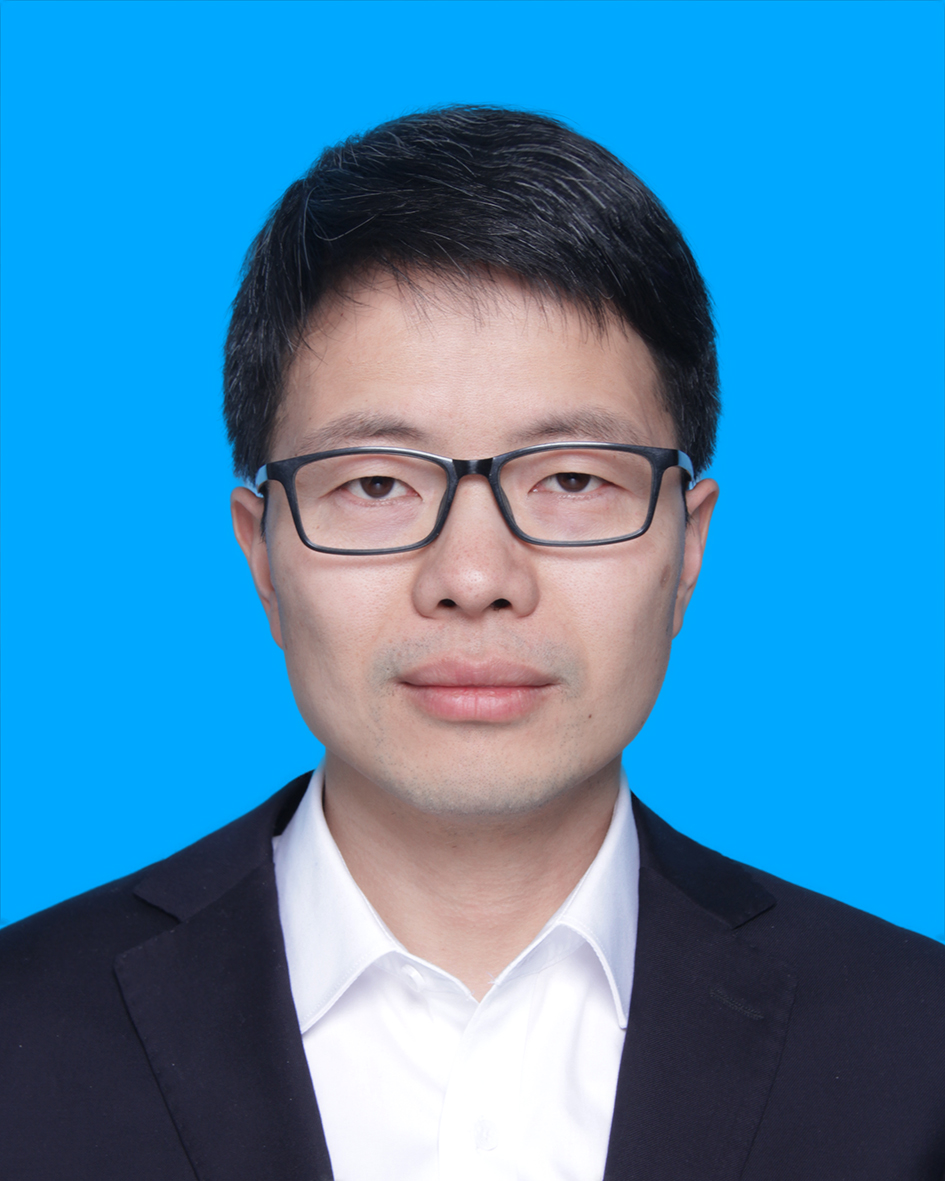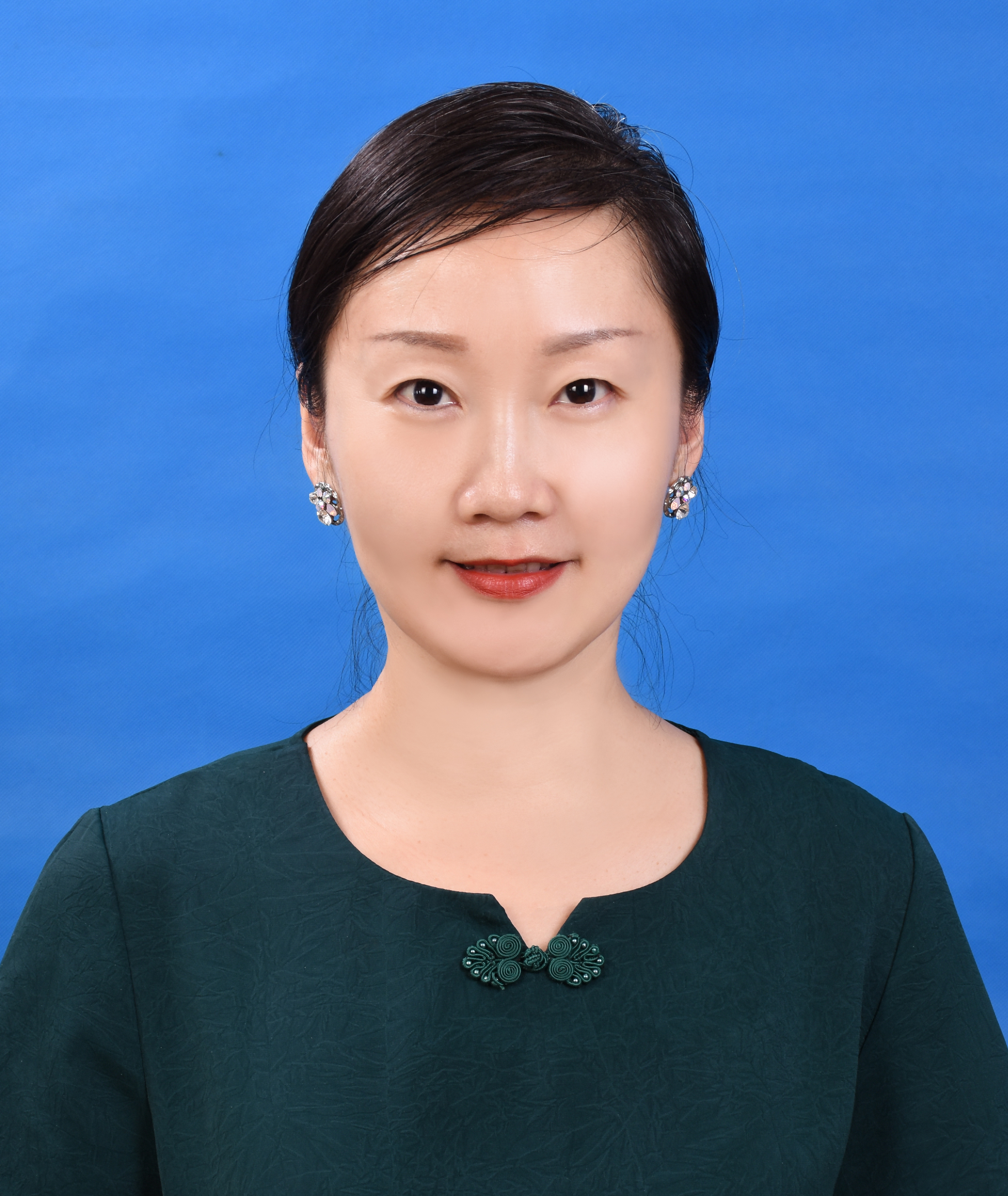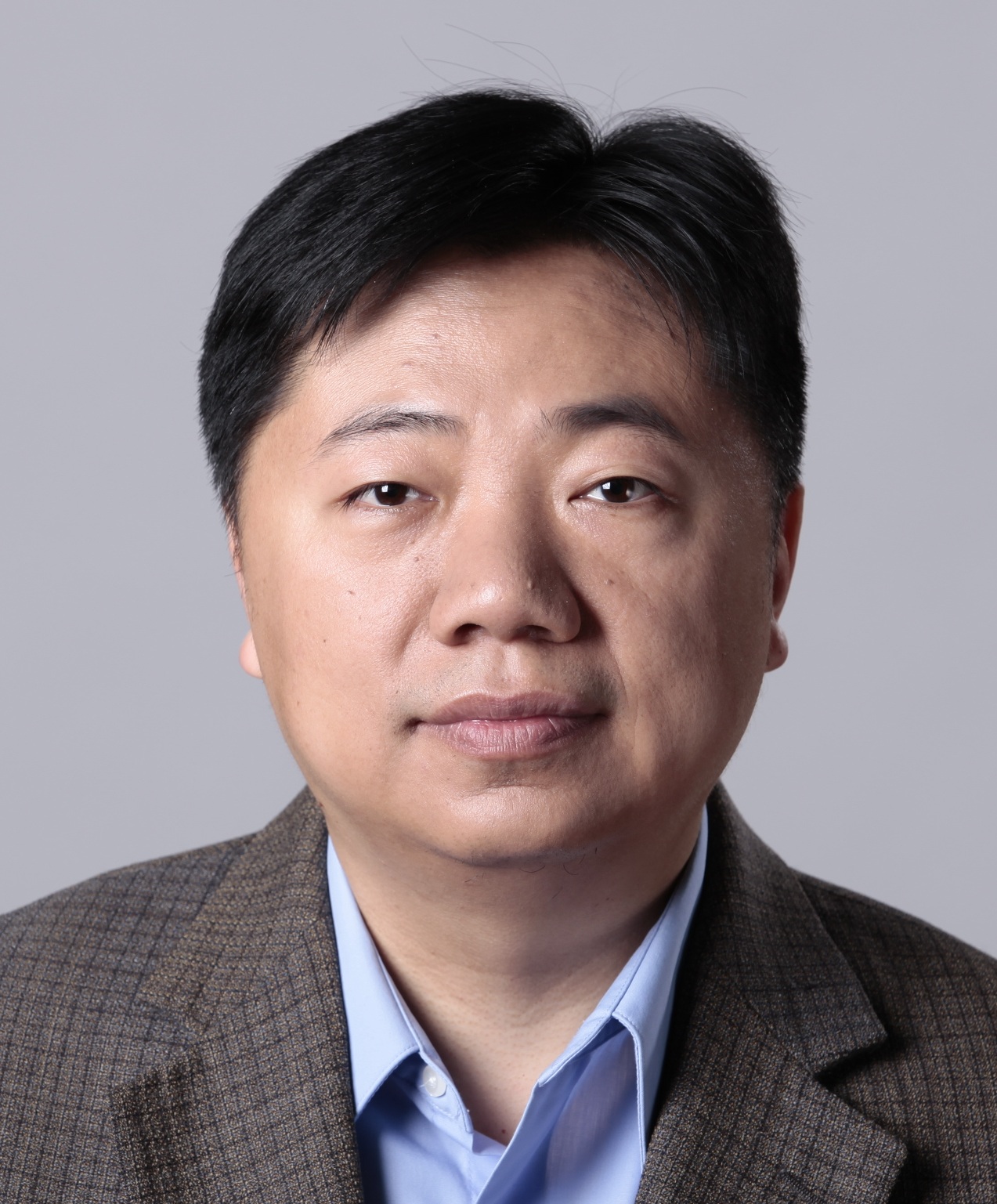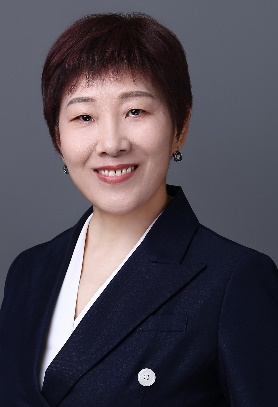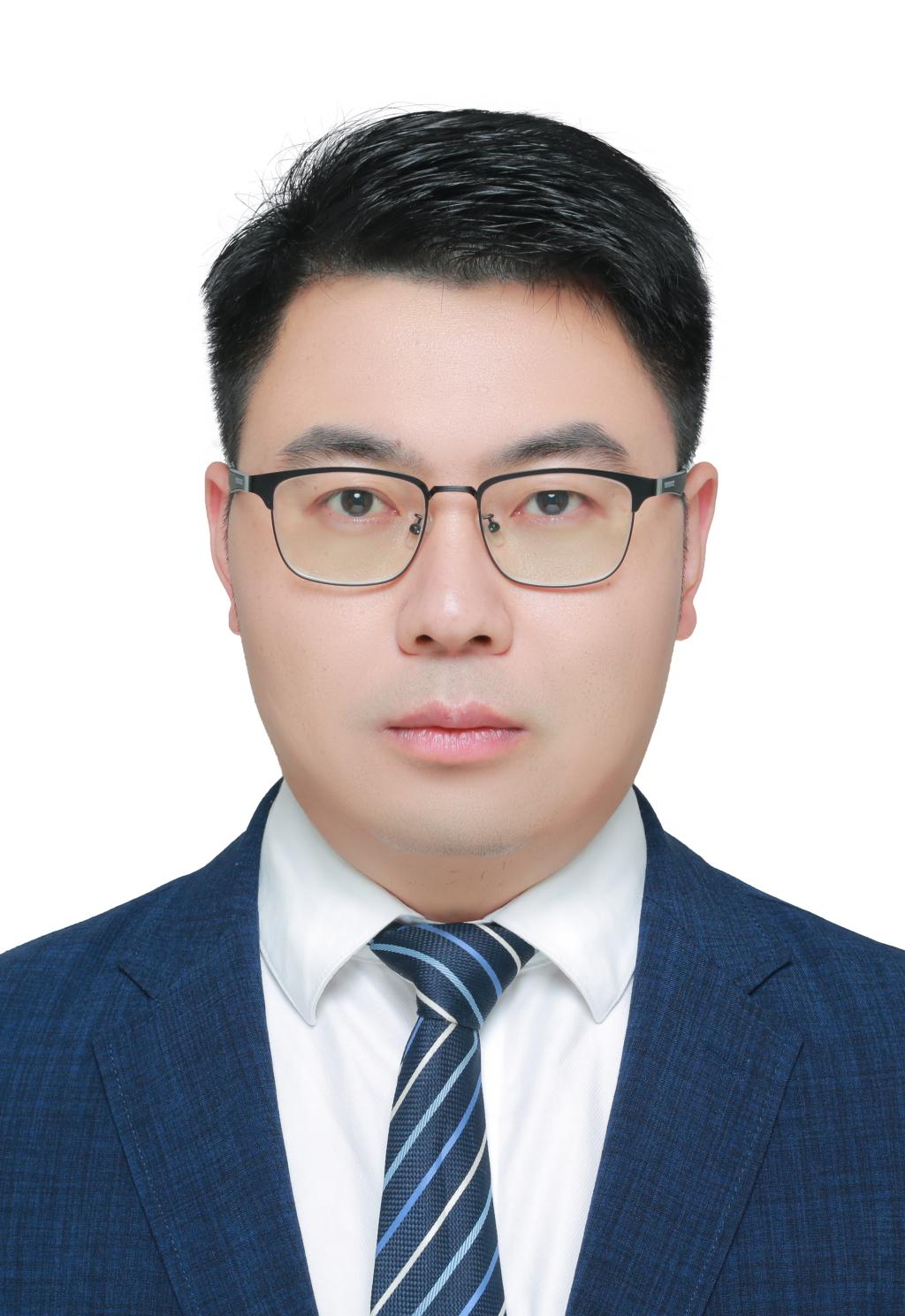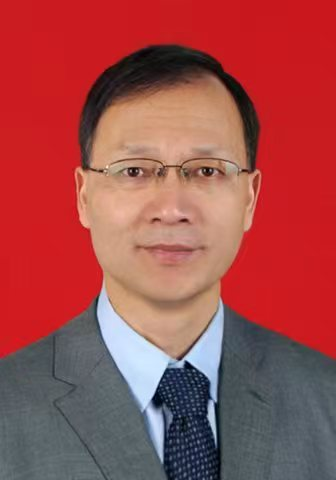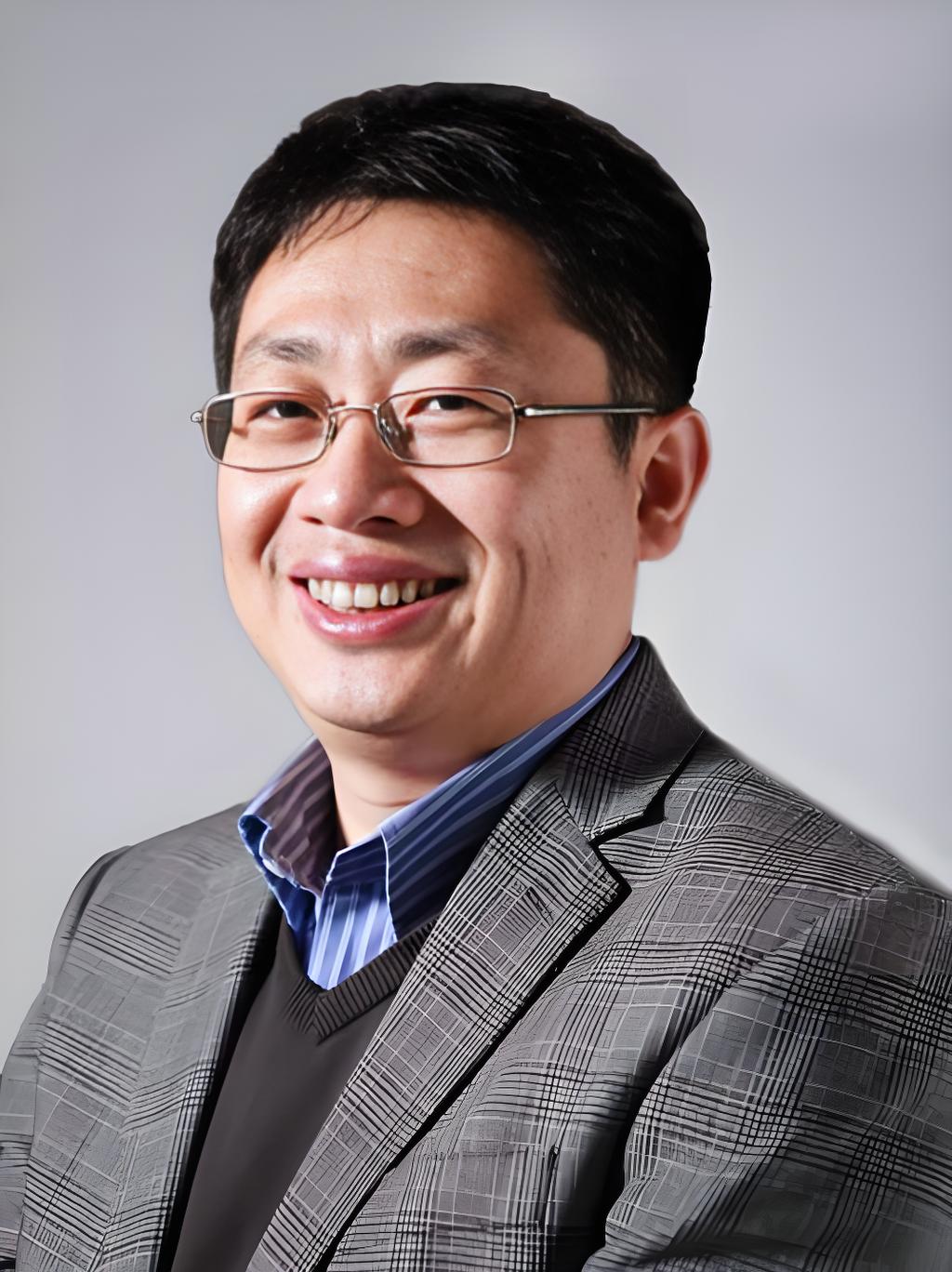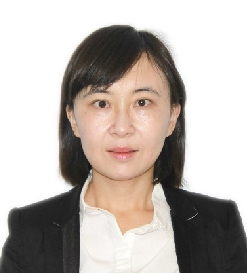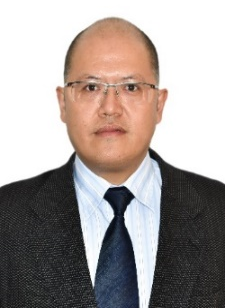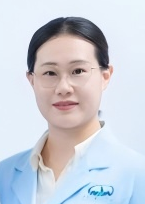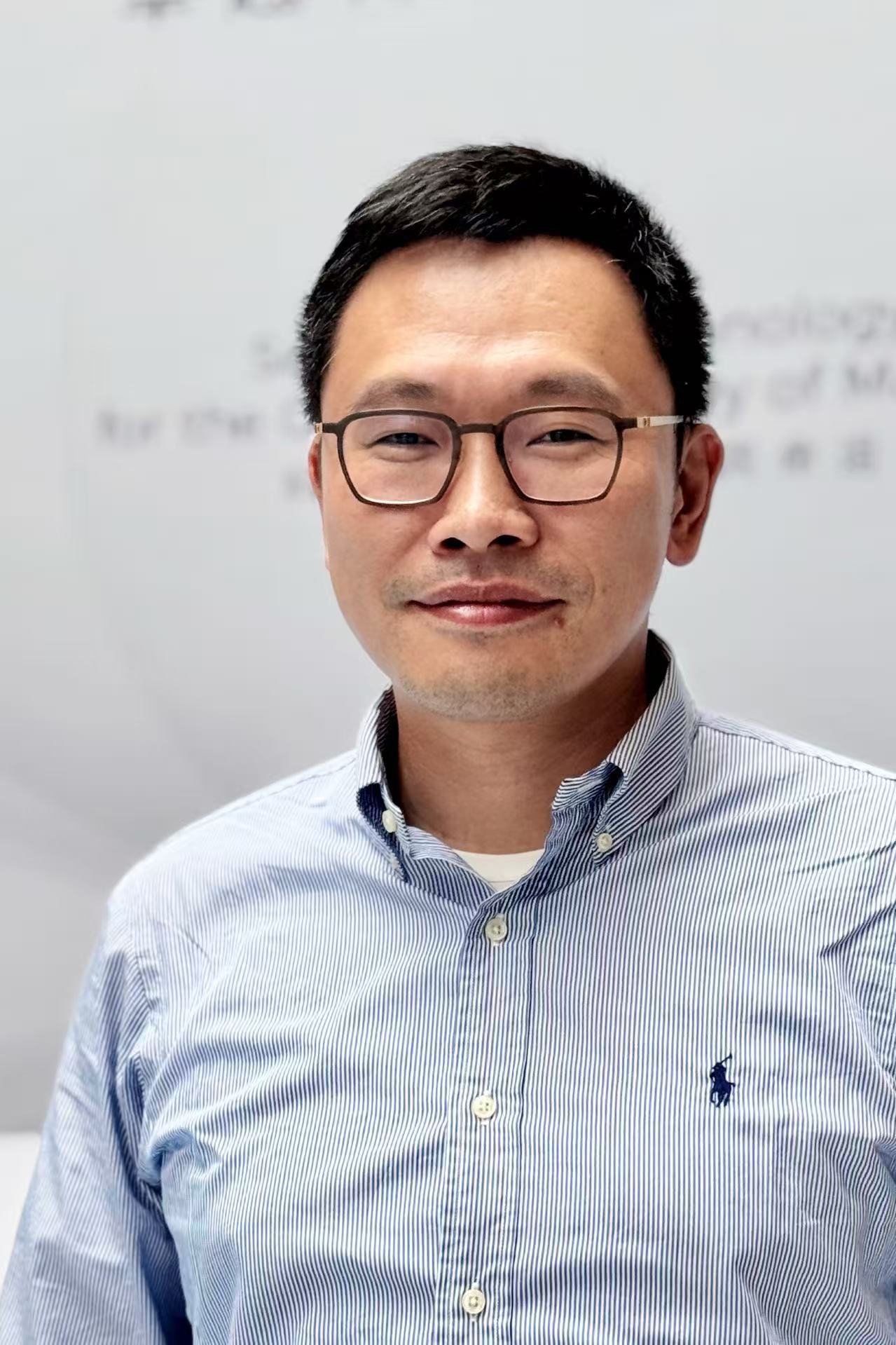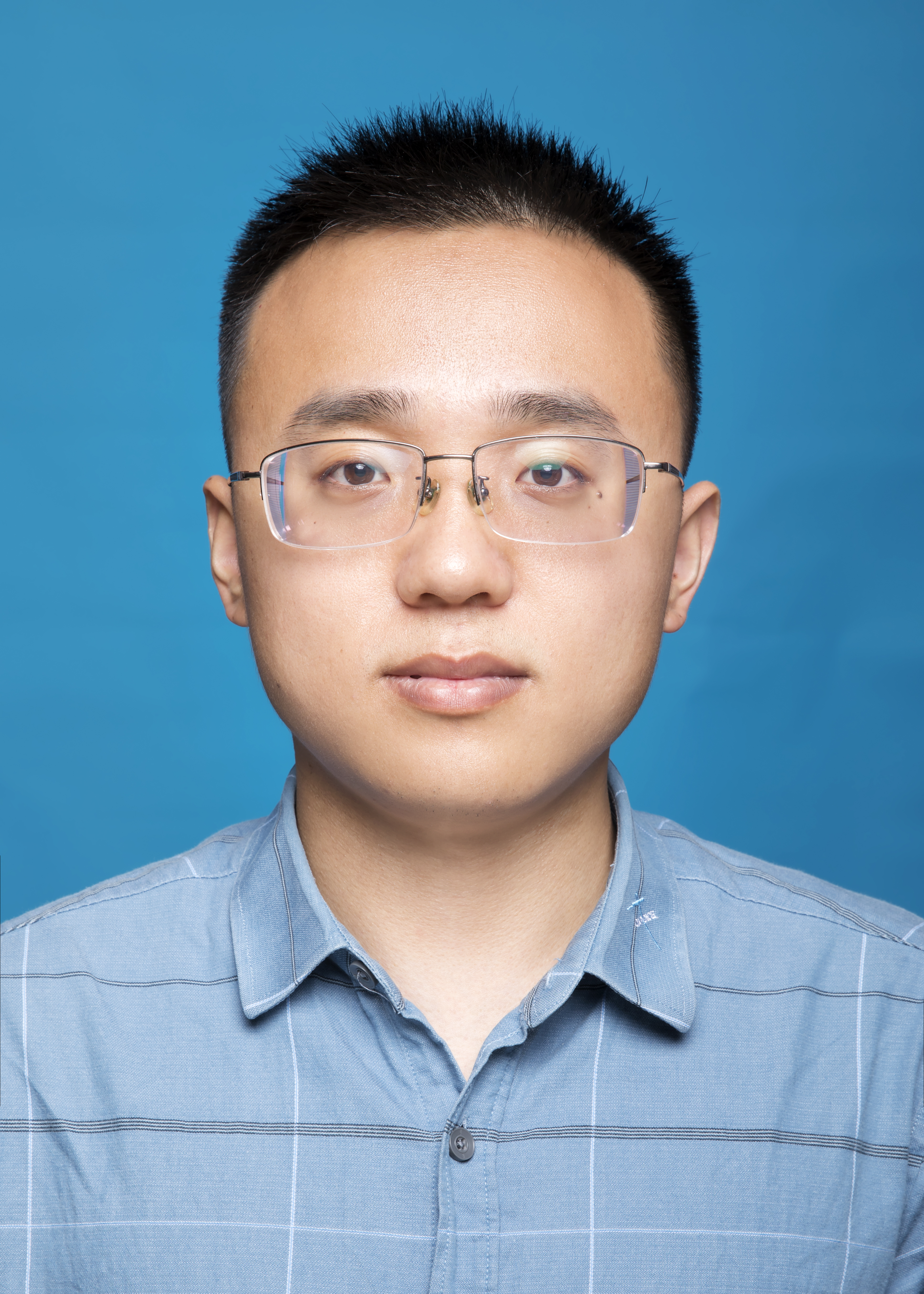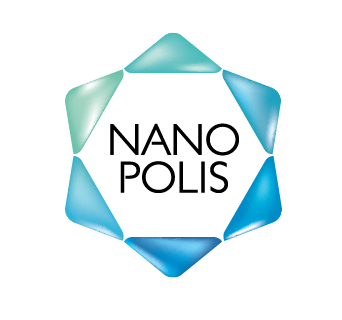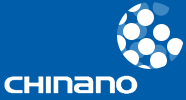Quality infrastructure is the guarantee for high-quality development of industries, enabler of technological innovation, and driving force for industrial upgrades. As the direction and the task of "strengthening the capability construction of quality infrastructure and enhancing the service efficiency of quality infrastructure" were proposed in the Outline for Building a Quality-powered Nation, the first "National Quality Infrastructure (NQI) Facilitating High-Quality Nanotech Industry Development Forum" was held at CHInano in October 2024, where in-depth discussions and analysis were carried out on the core elements of NQI, i.e., measurement, standardization, accreditation, inspection and testing, etc., and how the synergistic effects of these elements can enhance the overall quality and competitiveness of the nanotechnology industry.
In October 2025, the forum will continue inviting renowned experts and scholars from the domestic and international nanotechnology fields to give keynote speeches and share the latest research achievements and developments in nanometrology, nanostandards, and nanodetection technologies, etc. The forum is intended as a platform to strengthen the communication with nanotech enterprises to understand better their high-quality development needs in measurement, standards, testing, and certification, help them solve their problems, and create a unified, open, competitive, and healthy market environment that safeguards the sustainable development of the entire nanotech industry. We sincerely invite the technology professionals and industry insiders all over the world to join us!


